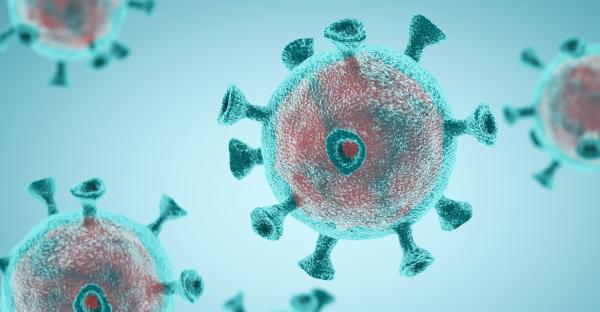Updated: New Jersey Enacts Permanent Leave Law Expansions in Response to COVID-19
New Jersey has expanded the scope of leave available to employees in light of the COVID-19 pandemic. This newly enacted legislation (S2304 and S2374) affects New Jersey’s Earned Sick Leave Law, Family Leave Act, and Temporary Disability Benefits Law, altering them to increase coverage in public health emergency situations. Importantly, these alterations took effect March 25, 2020, are permanent, and apply to public health situations beyond the COVID-19 crisis. New Jersey employers should become familiar with the newly expanded leave laws and make it a priority to adjust their employee leave policies accordingly. We highlight the legislation’s most significant changes below:
Earned Sick Leave Law
S2304 expands New Jersey’s Earned Sick Leave Law to allow use of accrued leave in any of the following circumstances:
- The closure of the employee’s workplace, or their child’s school or care provider, because of the declaration of a state of emergency by the Governor due to an epidemic or other public health emergency;
- The determination that the presence of the employee or their family member would pose a threat to the community based on the declaration of a state of emergency by the Governor, or the determination by a healthcare provider or the Commissioner of Health; or
- During a state of emergency declared by the Governor, or upon the recommendation, direction, or order of a healthcare provider or authorized public official, the employee undergoes isolation or quarantine, or cares for a family member in quarantine, as a result of suspected exposure to a communicable disease and a finding that the individual/family member’s presence in the community would jeopardize the health of others.
Prior to S2304, New Jersey employees whose place of work or childcare was closed by order of a “public official” were entitled to use accrued leave time, but S2304 clarifies that employees of businesses closed by Governor Murphy’s executive orders are entitled to use leave time. Additionally, S2304 expands leave coverage to employees who are under a precautionary quarantine recommended or directed by a healthcare provider due to suspected exposure, or where the employee is caring for a family member subject to such a recommendation or directive. Governor Murphy declared a state of emergency in New Jersey related to COVID-19 on March 9, 2020, which is still in place to date.
Family Leave Act
Per S2304, during the declaration of a state of emergency by the Governor, or by direction of the Commissioner of Health or other public health authority, the definition of “serious health condition” includes:
- Illness caused by an epidemic;
- Known or suspected exposure to the same; or
- Efforts to prevent such an epidemic’s spread, which requires in-home care of a family member of the employee due to:
- the determination by a healthcare authority that the presence in the community of the family member would jeopardize others, and
- the direction by such authority that the family member be quarantined because of suspected exposure.
In addition, S2304 curtails a New Jersey employer’s right to deny family leave to “key” employees whose work is necessary to prevent grievous economic injury. This key employee exception (which normally allows employers to deny leave to salaried workers who are among the highest paid 5% of employees, or the top seven most highly paid employees, depending on the size of the business) does not apply when the leave is because of:
- The quarantine of a family member in need of care by the Commissioner of Health or another public health authority, or
- The closure of a place of care for a member of the employee’s family because of an epidemic.
Finally, S2374, which Governor Murphy signed into law on April 14th, expands the Family Leave Act's protected leave to cover situations where the employee must provide care for a family member because of an epidemic of, known or suspected exposure to, or efforts to prevent the spread of a communicable disease. This includes leave taken to care for a child because the child’s school or other care location has been closed due to a public health emergency. It also establishes what certification the employer can require from the employee under various family leave circumstances. This law took effect immediately, and was made retroactively effective from March 25, 2020. If a New Jersey employer took or is considering taking any disciplinary actions for employees involving now-covered absences from March 25th onward, the employer should reconsider in light of the new Family Leave Act protections.
Temporary Disability Benefits Law
S2304 also amends New Jersey’s Temporary Disability Benefits Law in the following ways:
- This statute’s definition of “serious health condition” is expanded similar to the Family Leave Act above, with the inclusion of in-home care for an employee as well as an employee’s family member.
- The definition of “sickness” is expanded to match that of a “serious health condition.”
- If benefits are payable to an employee under the statute because of a sickness caused by an epidemic, the seven day waiting period is waived, with benefits becoming payable from the first day of leave.
Conclusion
As these expansions of New Jersey’s leave laws are already in effect and instill changes beyond the current COVID-19 epidemic, employers in New Jersey should adjust their leave policies to account for these changes as soon as possible. Keep in mind that unlike some temporary legislative responses specific to COVID-19 that may expire once COVID-19 runs its course, these statutory alterations will apply permanently and will cover any future epidemics.


